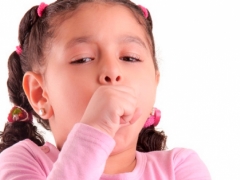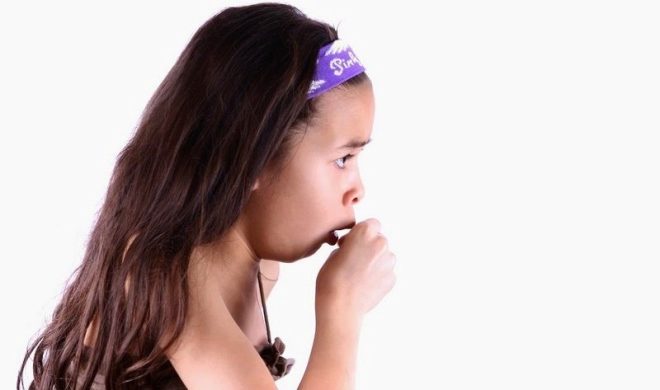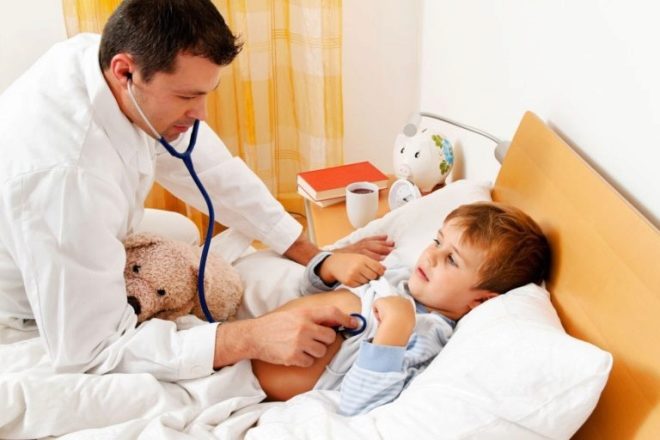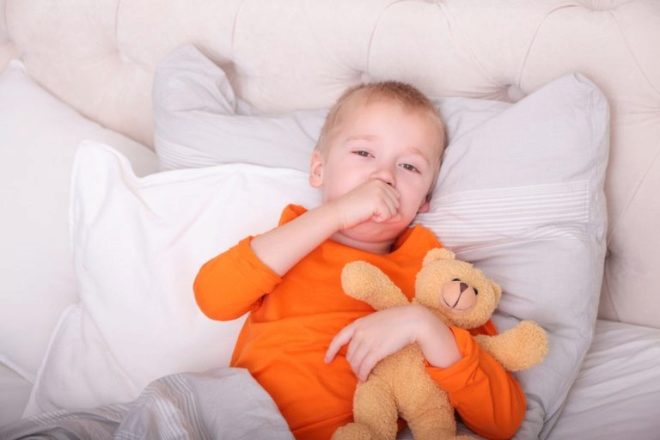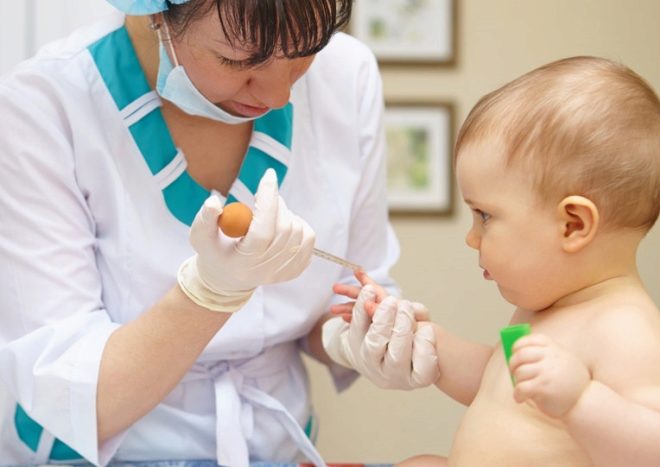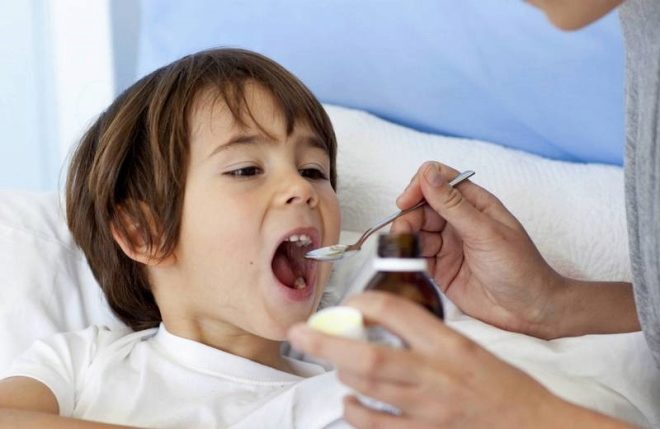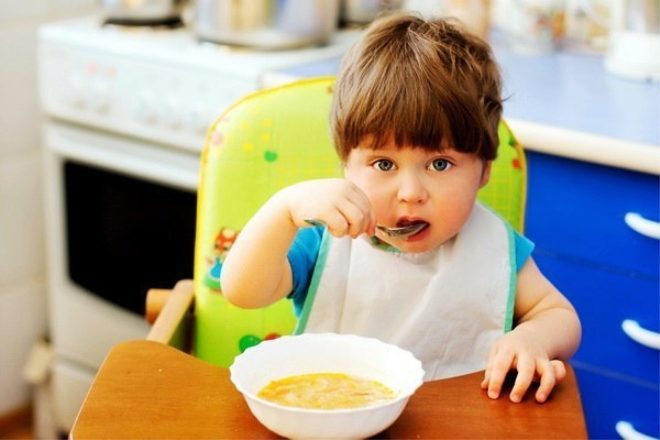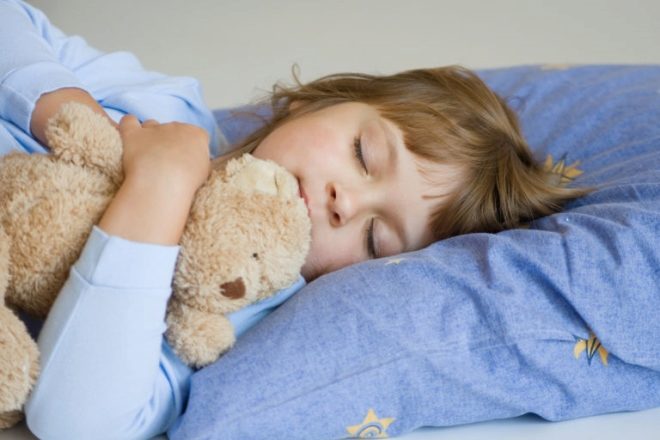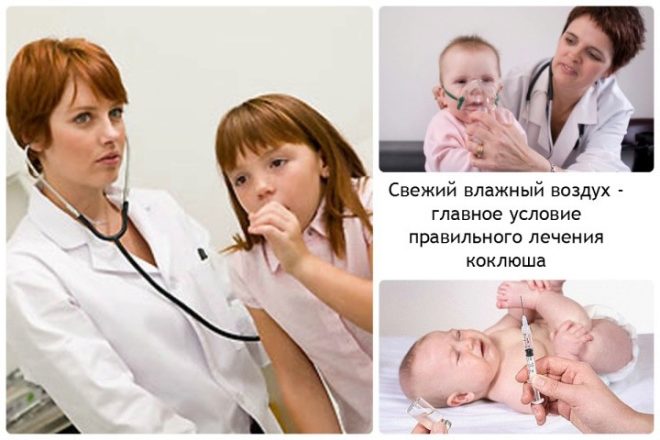Paracoclusis in children: symptoms and treatment
One of the most common infections in young children is paracoclusum. By its clinical symptoms, this disease is very similar to pertussis infection. In order to recognize the disease in time, fathers and mothers should be well aware of the symptoms of this disease.
What is it?
Any child can become ill with paracoccus. This disease is caused by the Bordetella bacterium. According to statistics, most often sick children from three to five years. Often parents think that if a child has had pertussis, he can no longer get paracoxal. This is not true. Such infections are not related to each other (only by similar names). The sources of the diseases are different, therefore during the whole life it is possible to get sick with both diseases.
The causative agent of parakoklyusha refers to the type of bacteria. It enters the children's body by airborne droplets. A sick child while coughing can infect other children.
The bacterium is very well preserved in the air. If the room is not disinfected, the threat of infection increases many times.
When it comes into contact with the organs of the upper respiratory tract, the microbes begin to multiply rapidly and trigger severe inflammation. As a rule, the first trachea, tonsils and bronchi are found with bacteria. It is here that the whole cascade of inflammatory reactions begins, which causes the appearance of characteristic symptoms of the disease.
How to recognize?
First signs
It usually takes from three days to two weeks from the moment the bacteria enters the body until the first manifestations of the disease appear. At this time, the baby is not disturbed by anything, the state of the child is not disturbed. Sometimes some children may experience some weakness or decreased mood. Parents do not pay attention to these very early signs, writing them off for fatigue or a change of mood in a baby.
After the end of the incubation period appear The first symptoms that are characteristic of paracoccal infection:
- Bouts of coughing. Usually they flow in a rather mild form. Baby coughing cough. Attempts to cough up well in the early stages of the disease do not bring results. If you do not start treatment in time, the cough increases markedly. The child tries to cough, but it does not work. When talking, a vulture appears, and during breathing - a characteristic whistle.
- Increased body temperature. For most children, it increases to 37-38 degrees. Against the background of high temperature, chills appear, fever appears. The kid feels bad, becomes capricious. Children do not want to eat, do not play with toys. Infants and infants may experience vomiting due to high fever.
- Intoxication. When bacteria multiply in the blood, many bacterial toxins appear. They provoke inflammation and significantly worsen the condition of the baby. In young children there is a headache, the guys feel a general weakness. They feel very sick. Due to intense cough, babies often complain of pain in the abdomen or chest.
- Changing the psyche of the child. During illness, babies begin to behave differently. They are becoming more capricious. Habitual activities do not bring them joy. Playing with peers or toys is not fun. The harder the disease progresses, the more time the baby spends at home, refuses to go out into the yard or on the street. When the body temperature rises, the child tries to lie more. Babies of infancy after a coughing attack may cry, refuse to breast.
Diagnostics
A pertussis infection occurs with the development of characteristic symptoms. Nadadny paroxysmal cough is one of the important diagnostic criteria for this dangerous disease. However, confusing paracoclus with pertussis or other acute respiratory illness is quite easy. The fact is that with many illnesses a similar cough may occur.
To confirm the diagnosis, it is necessary to conduct additional specific clarifying laboratory examinations. The simplest test to confirm a bacterial infection is general blood analysis. A few hours after taking the material for examination, the doctor will be able to say for sure whether the disease is bacterial or not.
When clarifying the diagnosis help serological tests. With their help, it is possible to determine the presence of specific antibodies against the paracoclus bacterium. This method is quite accurate, very informative. As a rule, during the day, the doctor can get information about whether there are antibodies to paracoxalus in the child’s body. With a positive analysis, the doctor will prescribe the necessary medical therapy for the baby.
Treatment
As a rule, infants with paracoccal infection treated in a hospital setting. If a child’s disease is severe, it requires round-the-clock monitoring by medical personnel.
Before hospitalization in the children's hospital, the pediatrician must be examined by the child. It is he who decides whether treatment is required in a hospital setting. In some cases, you can observe the child at home.
Antibiotic prescription it is advisable only at the very early stage of the development of the disease. The use of antibacterial drugs at a later stage of the disease will not bring a positive effect.
The appointment of any medication is carried out only by a doctor. Independently giving antibiotics to a child is strictly prohibited. This can cause the development of adverse side effects from drugs, worsen the condition of the baby.
During the acute period of the disease, children with paracoclusum must prescribe high protein therapeutic nutrition. Such a diet helps to quickly restore the body and strengthen the immune system. All meals are distributed evenly. Baby should eat at least five or six times a day.
In the diet of the child should definitely include foods with a high content of complete protein. It can be meat, poultry or fish. At the second dinner or afternoon snack, the inclusion of fresh dairy products will be perfect. They help strengthen the immune system and restore the cells of the immune system.
All dishes that are prepared for the baby should be cooled to a comfortable temperature. Products that are not hotter than 40-42 degrees will be optimal for delivery. In the early days of the disease is better to eat food in a shabby and processed form. An excellent option would be soups, wiped with a sieve or blender.
In order not to irritate the taste buds and the oropharynx, food with a sharp and rich taste is completely excluded. All marinades, smoked and salted products are also better not to give the baby during this period. You can add a little salt to your meal to add flavor.
For quick recovery, an important factor will be to ensure optimal sleep and rest. In the acute period of the disease, the baby must sleep at least 8 to 10 hours a day. For young children, daytime sleep is a must. At this time, the children's body is gaining strength and is recovering faster.
Tips
To protect your baby from infection, you need to remember that only timely prevention can help in this.
If in a kindergarten or educational institution an outbreak of paracoccus has occurred, it is necessary to isolate the baby from visits. Ideally, the entire incubation period should be kept at home. This is usually about two weeks.
To date There is no specific immunoprophylaxis from paracoclus. Reliable protection for the child's body will only own strong immunity. Try to harden the child and strengthen the protective properties of his own body. An important role in this is played by maintaining a healthy lifestyle. Proper nutrition, many vitamins and minerals, good sleep, optimal physical exertion - all this will strengthen the children's body. Children with strong immunity are usually less susceptible to infectious diseases.
Tuberculosis infection is one of the most frequent in the structure of morbidity in children. With timely diagnosis and treatment, the sick child quickly gets to his feet and recovers. Temporary isolation and adequate drug therapy guarantee a quick recovery of the baby.
The doctor tells more about the disease. Komarovsky in his gear.
About how to help your child cope with the "barking" cough, will tell Elena Malysheva in the transfer of "Live great!"
